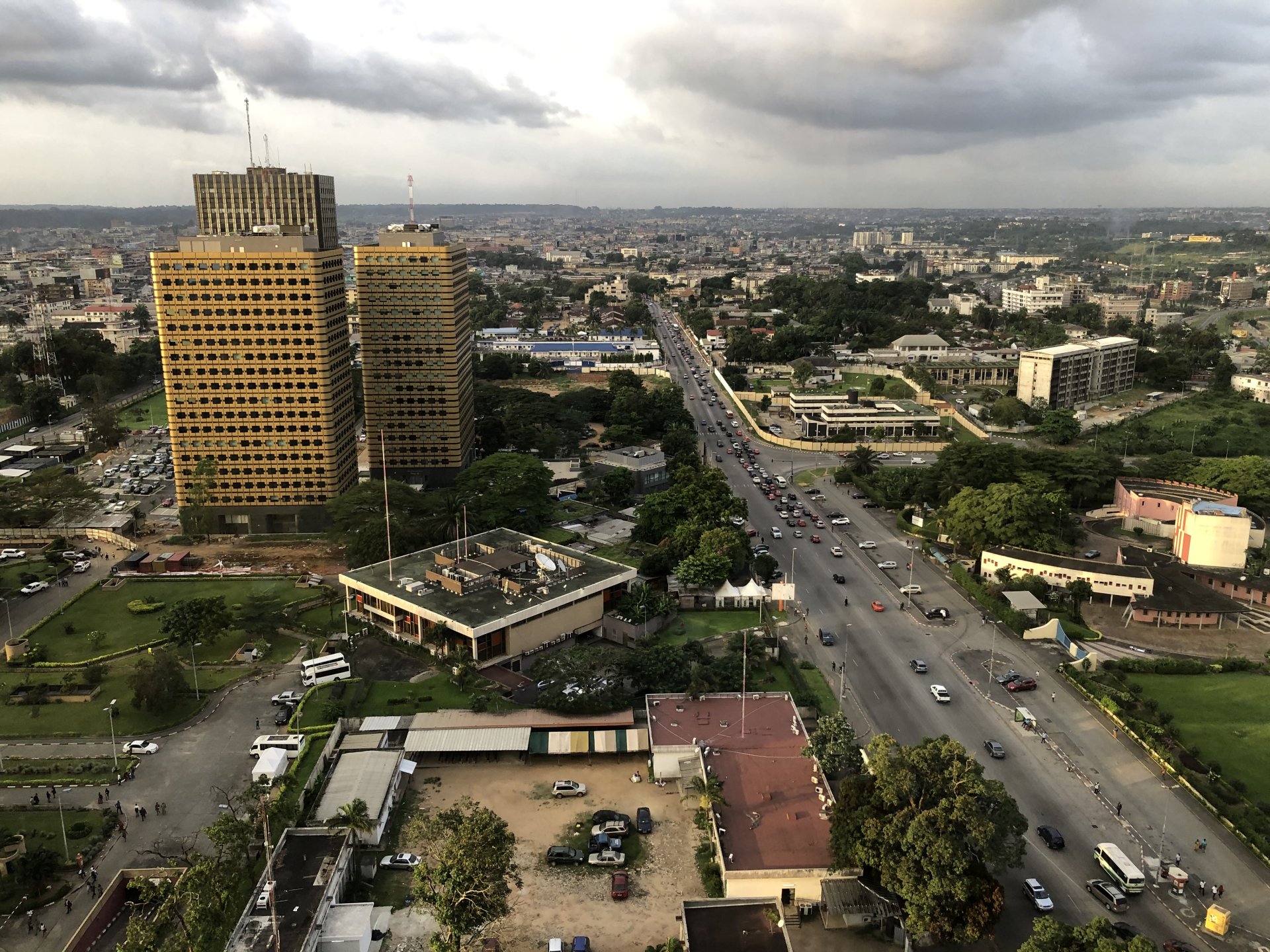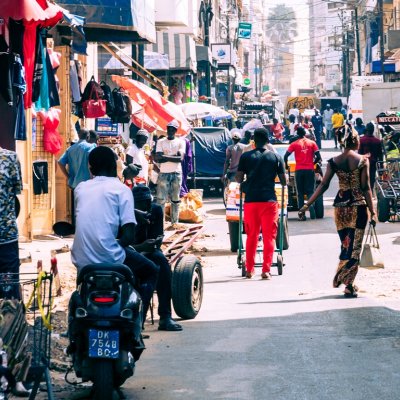Climate Resilient Cities: Urban and Municipal Development Fund II [C145]

The overall objective of the Urban and Municipal Development Fund (UMDF) is to support more climate-resilient, liveable and productive cities in Africa, through improved and resilient infrastructure and service provision in better-planned and governed African partner cities. The UMDF targets African cities and municipalities with a comprehensive and integrated approach to improve liveability, climate resilience and better manage urban growth and development. The UMDF is meant to: (i) strengthen the capacity of municipalities in the upstream areas of urban planning and urban management; (ii) support the preparation of urban projects by municipalities; and (iii) contribute to the production of knowledge on urban and municipal development in Africa.
REGION
Africa
PROJECT REFERENCE
NDF C45
DURATION
2023 to 2027
NDF FINANCING
EUR 10 million
FINANCING TYPE
Grant
IMPLEMENTING AGENCY
African Development Bank
NDF CONTACT
Morten Holm van Donk (morten.vandonk@ndf.int)
Objective
The UMDF’s overall objective is to support more climate-resilient, liveable and productive cities in Africa, through improved and resilient infrastructure and service provision in better-planned and governed African partner cities. If African national and local governments have (i) improved governance and financial management, (ii) improved urban planning, and financial and technical support to (iii) invest in sustainable urban development, based on (iv) improved capacities, then the structural capacity and financing gaps on the continent can be reduced which leads to more climate-resilient, liveable and productive cities, underpinning national socio-economic development and poverty reduction.
The UMDF is firmly integrated into the AfDB strategic framework of global, regional, and sector-specific objectives, the overarching objective of which, at AfDB level, is to spur sustainable economic development and social progress in its regional member countries (RMCs), thus contributing to poverty reduction. The UMDF is therefore a supporting instrument to achieve the AfDB’s overarching and sector policies, with a special role in supporting the implementation of the new Sustainable Urban Development Action Plan (SUDAP).
The UMDF was designed with the aim of being a flexible instrument to permit applications from various cities and countries with varying levels of development and capacities. The three instruments below work together to respond to the demands from cities and there are possibilities to combine instruments to develop concrete investments.
Africa City Program: The Program provides technical assistance to cities to develop City Diagnostics and Action Plans in order to assess a city’s current development status, analyse key challenges including climate risk vulnerabilities, identify and do initial prioritisation and costing on key projects, and an actionable plan for implementation.
Project Preparatory Facility: The Facility provides financial or technical assistance with the aim of preparation and appraisal of high impact AfDB- or partner financed urban low-carbon and resilient infrastructure projects across African Cities. The Facility is demand based.
The Small Grants Initiative: This Initiative responds to the many demands and proposals from cities across the continent. The SGI supports studies, project origination and other small requests up to USD 30,000.
The African Cities Network: Cities that apply the UMDF methodology will be invited to join the African Cities Network. As participants in the Network, they will share experiences, benchmarks, best practices and lessons learned. The objective of the network is to support cross-continent learning and exchange of information and knowledge gained through the UMDF and partner activities.
The UMDF will leverage significant co-financing for the identified downstream investments and cities will furthermore benefit from improvements in governance and finance in addition to strengthened capacity on integrated urban development.
NDF supported the establishment and the successful pilot phase of the Urban and Municipal Development Fund (UMDF). The African Development Bank (AfDB) has decided that it is time to scale-up the activities of the UMDF. The project is a replenishment of the UMDF for a new five-year phase.
Outcomes
In the medium term, the UMDF seeks to achieve increased and improved climate resilient and low carbon infrastructure and service provision, based on increased capacity and access to knowledge, resulting in better planned, well-governed and financially managed African cities. In the long term, this will contribute to build more liveable, prosperous and resilient cities in Africa.
Four outcomes are expected to contribute to these medium- and long-term objectives:
1) Improved urban planning, by developing City Diagnostics, Action Plans and Master plans, strategies and sector plans, and a manual to help these processes.
2) Strengthened urban governance by promoting participatory planning and decision-making processes, including through training and the development of data sharing platforms. Improved city financial management/ Improved city financial management, through fiscal reforms and increased access of cities to different streams of financing (domestic revenues, national and international markets, private sector).
3) Increased and improved investments into essential, risk-reducing, low-carbon and sustainable urban infrastructure, by preparing bankable sustainable urban development projects for investments; and
4) Increased knowledge and capacity amongst relevant stakeholders to manage urban development, at regional, AfDB and city-levels, mostly through training, peer-to-peer learning and publications.
Financing
NDF provides EUR 10 million in grant financing and co-financing partners include Denmark, Spain, and Switzerland. The total UMDF multi-donor trust fund will be about EUR 50 million for the period 2023-27.

